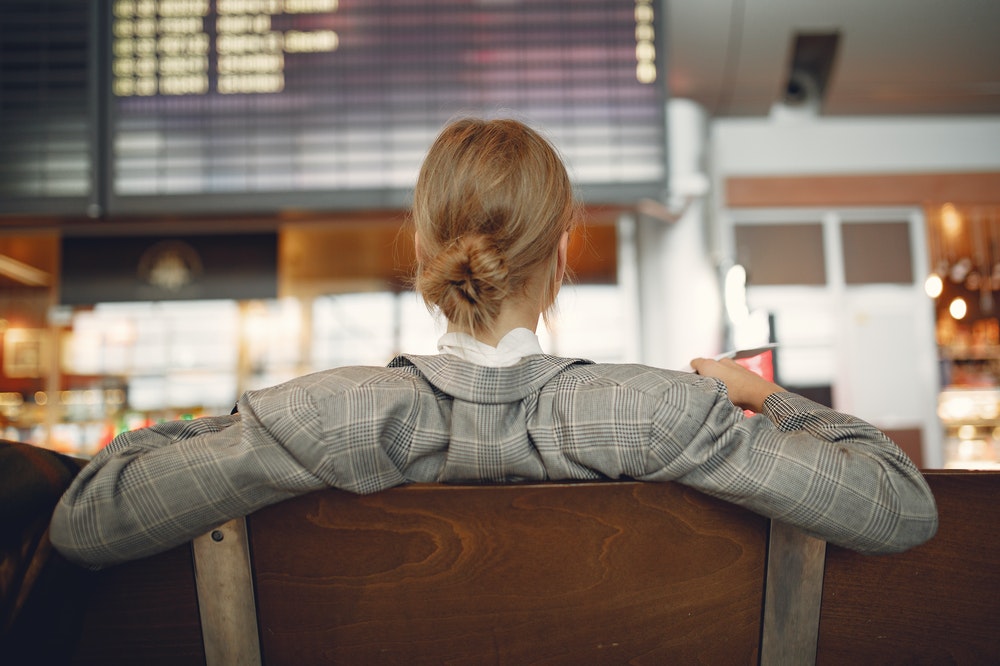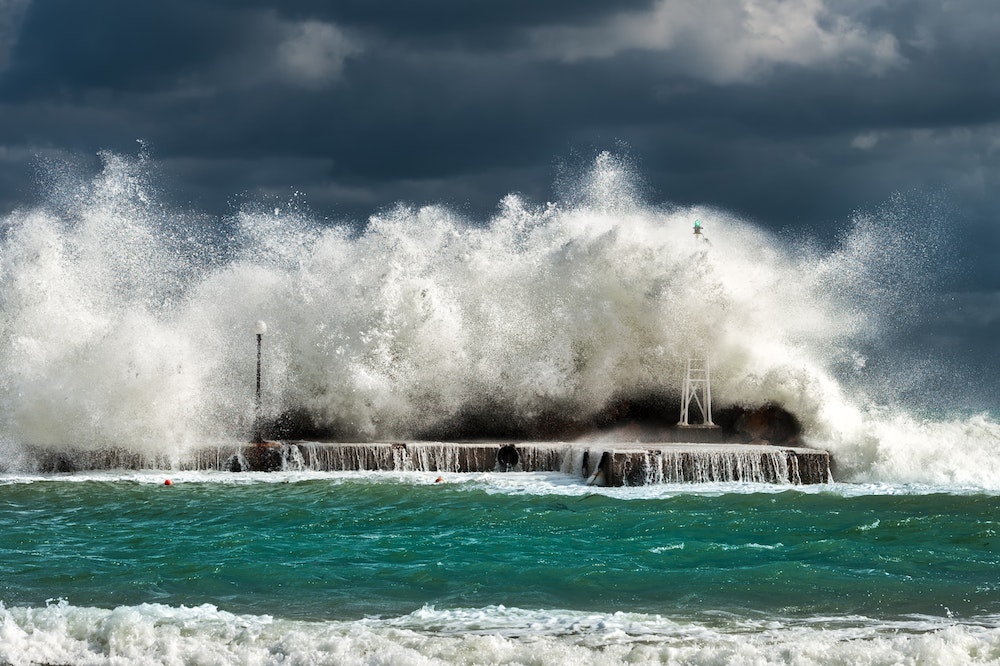Your Volotea compensation claim is rejected. This can be particularly annoying when you’re pursuing Volotea flight compensation independently and uncertain about your entitlement to compensation. What can you do now when your compensation claim is denied? Is it worth the hassle? Absolutely! One approach is to task a flight compensation firm to proceed on your behalf. But that’s not the only way.
You can continue to advocate for your rights on your own.
Check your compensation online.
Your Volotea Compensation Claim Is Rejected. Now What?
What to do if your Volotea compensation claim is rejected?
There are alternative avenues to seek compensation from Volotea.
However, before escalating the matter, it’s crucial to comprehend the regulations and re-familiarize yourself with your rights.
1. Collaborating with Flight Compensation Firms
The most convenient method involves collaborating with a flight compensation firm.
The process is straightforward: complete an online form, supply a copy of your boarding pass and passport, and sign the claim. Essentially, you don’t have to bother about anything else. The firm handles everything. There’s no need for you to engage with Volotea any further.
If there are any other queries, the compensation firm reach out to you. The only downside is the cost. Most flight compensation firms charge a commission of approximately 25-45% of the compensation.
Our partners offer such services.
Check your compensation online.
When choosing this option, here is all you will have to do:
And that’s it — the rest is handled by professionals.
* Your boarding pass and passport or ID copy.
How much does this service cost?
Usually, the expense equates to around 25 to 45 per cent of the compensation. You receive the rest.
In most cases, if the company doesn’t secure compensation, you won’t be charged the fee. However, policies tend to vary from company to company. Learn about those policies before making a claim.
Read more:
2. Reaching Out to the NEB of the Country of Your Flight’s Origin
Engaging a flight compensation firm isn’t the only solution.
Reaching out to the NEB (National Enforcement Bodies) is the subsequent course of action after attempting to contact the airline independently and receiving either a denial or no response. This is a free service. But it’s not as simple as employing a flight compensation firm, and it can be time-consuming. Typically, it takes at least 2 months for the NEB to process your compensation claim.
The main disadvantage — a positive response doesn’t ensure you’ll receive your refund. Volotea may still reject the claim.
You can find a list of the National Enforcement Bodies here.
The National Enforcement Bodies assist passengers in the event of denied boarding, flight delay or cancellation, as well as enforces the regulation Regulation (EC) 261/2004 and makes sure passengers are treated according to these rules.
3. Taking the Case to Court
Your Volotea compensation claim is rejected?
Progressing to the court stage is the subsequent action.
A recommended strategy is to secure a favourable decision from the NEB initially. Possessing this can significantly aid your lawsuit against the airline (Volotea in this situation).
This route is certainly the most complex, yet it is equally effective. Prior to filing your complaint in court, verify the legitimacy of your claim. Review your rights and prepare your case. Only then you can be convinced that it’s worth the court’s consideration. If you are in possession of an NEB judgment stating your right to compensation, include this in your court paperwork.
Bear in mind, that progressing your case to court is not without expense.

Extraordinary Circumstances
It’s common for airlines to dodge providing the correct explanation for denying your claim.
They tend to provide an unclear response, and that’s the extent of it.
They have a tendency to label “everything” as extraordinary circumstances.
The reason for this is simple— compensating is not a profit-yielding activity for any company. Hence, airlines strive to evade compensation payments. Airlines are conscious that the majority of passengers are not thoroughly informed about their entitlements. Airlines use this to their advantage. Be slightly sceptical when you hear the term “extraordinary circumstances” next time.
As per EU regulation 261/2004, airlines are excused from providing flight compensation when the disruption results from extraordinary circumstances. Extraordinary circumstances encompass severe weather, security issues, hidden manufacturing defects, and strikes unrelated to the airline.
When it comes to technical issues keep in mind that only hidden manufacturing defects qualify as extraordinary circumstances. The majority of technical faults are deemed the airline’s liability (airline’s responsibility).
Moreover, adverse weather doesn’t always constitute an extraordinary circumstance. In some situations, the weather is entirely foreseeable. For instance — snow during the winter season (unless snow is a rarity there). In such circumstances, the airline is anticipated to adopt suitable measures to ensure timely flight operation.
Establish the authentic cause of the delay or cancellation. It’s significant.
Check your compensation online.

When Are You Eligible for Flight Compensation From Volotea?
There are a number of circumstances under which you may be able to file a legitimate claim for flight compensation. These encompass flight delays, cancellations, and instances where you are refused boarding due to overbooking.
1. Flight Delays
Per EU regulation 261/2004, you are eligible for compensation when your flight arrives at its intended destination with a delay of 3 or more hours.
The sum of compensation is determined based on the length of the delay and the flight distance. To illustrate, if your flight from London to Brussels, a journey less than 1,500km, experiences a delay of four hours, you are eligible for €250 in compensation.
Read more: Volotea Flight Delay Compensation
2. Flight Cancellations
In the event that your flight is cancelled without an advance notice of at least 14 days, you qualify for compensation.
The sum of compensation fluctuates depending on the flight distance and the duration of delay in reaching your destination. For instance, if your flight from Paris to New York, a journey of over 3,500km, is cancelled without sufficient notice and you arrive at your final destination more than four hours late with a replacement flight, you qualify for €600 in compensation.
You may also opt for a full Volotea refund, instead of an alternative flight.
Read more: Volotea Flight Cancellation Compensation
3. Denied Boarding Due to Overbooking
On occasion, airlines overbook flights in anticipation of some passengers failing to turn up.
If you are denied boarding because of overbooking and you don’t voluntarily surrender your seat, you qualify for compensation.
The sum of compensation is contingent upon the flight distance. Suppose you are flying from Berlin to Madrid, a journey between 1,500km and 3,500km, and you are denied boarding due to overbooking. If you arrive at your final destination more than three hours late, you qualify for €400 in compensation.
Read more: Volotea Denied Boarding Compensation
Do you have more questions on what to do if your Volotea compensation claim is rejected? Do you have a first-hand experience of denied Volotea compensation claim? Did you take the case to NEB or court?
